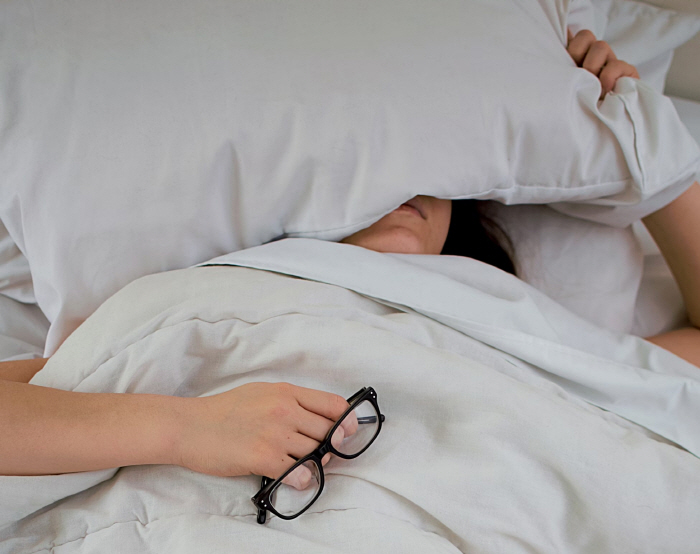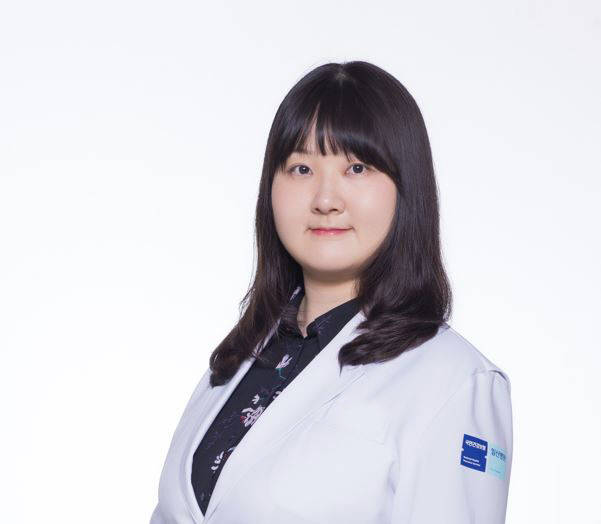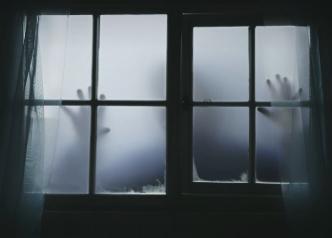Short and thick person, beware of sleep apnea...If left unattended, even life is threatened
Jun 17, 2025
|
According to data from the Health Insurance Review and Assessment Service, the number of sleep apnea patients in Korea increased about 3.4 times over the past five years from 45,067 in 2018 to 153,802 in 2023. In particular, the incidence rate is high among men in their 30s and 40s and women in their 50s and 60s.
Sleep apnea increases the risk of developing hypertension three times, the risk of arrhythmia two to four times, and the risk of cerebrovascular diseases such as cerebral infarction four times, and is also known to be associated with diabetes, ischemic heart disease, heart failure, and sexual dysfunction.
Professor Soohyun Lee of neurology at the National Health Insurance Ilsan Hospital "In particular, some studies have shown that the risk of acute cardiac arrest is increased by up to 76% even in people with no history of cardiovascular disease, further highlighting the importance of early diagnosis and treatment"
◇From obesity to menopause, various causes of sleep apnea
Sleep apnea is caused by several factors. Typically, obesity causes apnea by accumulating fat in the neck area, narrowing the upper airways and weakening the function of the muscles that support the airways. In addition, sleep apnea is more likely to occur with age because not only does the neck and airway muscles decrease, but also the fat around the neck increases. People with abnormally small jaws, short necks and thick necks, and people with large tongues or large tonsils can also develop sleep apnea due to structural problems in the upper airways. In women, it is reported that postmenopausal hormonal changes increase the risk of sleep apnea by about three times. In addition, pre-sleep drinking reduces the strength of the neck muscles, and smoking stimulates the airways, which can lead to sleep apnea.
◇ Key symptoms and diagnosis of sleep apnea
One of the frequent symptoms in patients with sleep apnea is snoring. This occurs as air passes through the airway with the narrowed airways and the surrounding structures vibrate. However, even if the degree of snoring is not severe, there are many cases of sleep apnea, and breathing is sometimes seen stopping during sleep by spouses who sleep together. Therefore, it can be dangerous to determine the presence or absence of the disease only by the presence or intensity of snoring symptoms.
Professor Soohyun Lee "If apnea occurs during sleep, the patient wakes up in his sleep to restore breathing again. However, I sometimes mistake it for waking up because I want to pee, so if you wake up often in your sleep, you can suspect sleep apnea."
As such, frequent waking during the night interferes with good sleep and reduces sleep quality, which can lead to drowsiness, decreased concentration, and memory loss during the day. In addition, it is common to complain of headaches when waking up in the morning due to poor oxygen supply during sleep.
If sleep apnea is suspected, a polysomnography test is conducted along with filling out a sleep-related questionnaire. The test is a method of being hospitalized in the evening, sleeping as usual in a quiet room, and then discharging the hospital the next morning. During the test, a sensor is attached to measure various biological signals such as brain waves, eye movement, electromyography, electrocardiogram, snoring, blood pressure, breathing, respiratory movement, and blood oxygen saturation, and check for abnormal behavior during sleep through CCTV. Based on this result, the presence and severity of sleep apnea are judged, and customized treatment plans are established.
◇ Treatment should be combined with positive pressure and lifestyle improvement
There are several ways to treat sleep apnea, but the most effective method is positive pressure treatment. A positive pressure device is a device that opens the airways by wearing a mask on the nose and continuously breathing air, and is used at every sleep. Health insurance coverage is available if used steadily during the compliance period, and the prescription is renewed every three months thereafter and continuous management is provided through pressure control as needed. In addition, if the abnormality of the upper airway structure is clear, nasopharyngeal surgery may be considered, but the possibility of recurrence and side effects should be determined after sufficient consultation with a specialist.
Professor Soohyun Lee "Improving lifestyle habits also has a significant impact on alleviating sleep apnea. Studies have shown that losing only 10% of your weight reduces your sleep apnea index by about 26%, and exercise alone can be effective.'
For some patients, sleeping sideways may be helpful, but if maintained for a long time, it may put a burden on the musculoskeletal system, so caution is needed. In addition, smoking cessation, abstaining from alcohol, sleeping pills, and stabilizers are known to help improve symptoms.
|
This article was translated by Naver AI translator.















